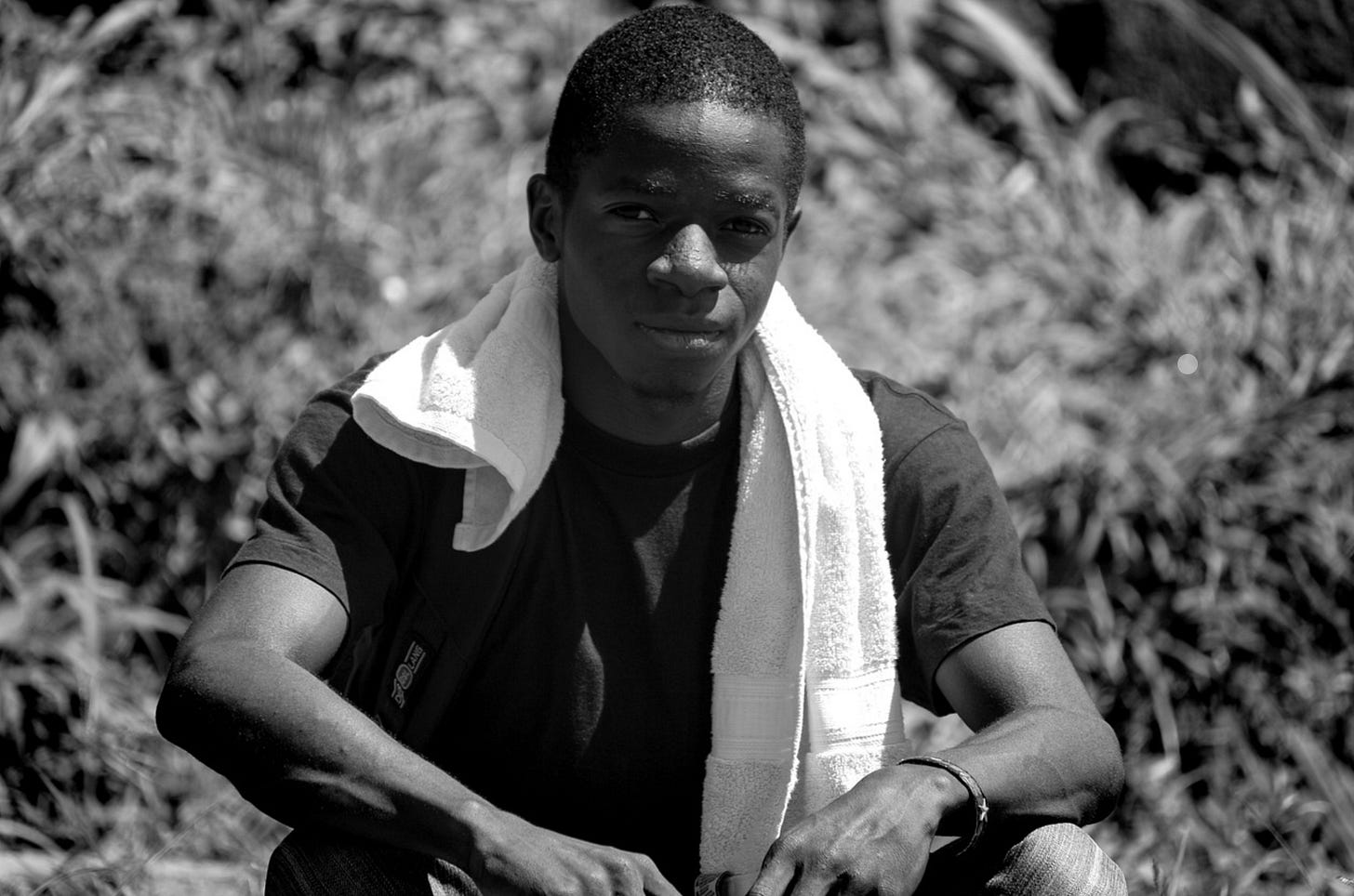January 20: Matthew 20
Matthew 20: The Nature of True Leadership
Today’s Readings: Genesis 21; Matthew 20; Nehemiah 10; Acts 20
More than once in the prior chapters Jesus has faced the pride and self-promotion of his disciples. And now we see in Matthew 20:20-28 the tree that the apples fall from. The mother of the sons of Zebedee - the “Sons of Thunder” - kneels before Jesus (20) and asks him to let these two sit on his right and his left in his kingdom (21). In other words, to let them have the places of greatest honor.
Here is both bright faith and dark dullness, so human, so much like us. On the one hand, she believes that Jesus truly is the Messiah and will indeed reign. Yet at the same she brushes past what Jesus just said: that he would be handed over to the Gentiles and be mocked and crucified (19). Pride dulls us. It puts blinders on our eyes. Then we see only what we want to see.
Despite the pride, Jesus’ answer is gentle: you have no idea what you’re asking (22). To drink from Jesus’ cup means to share in his suffering. In the end, the seating chart of his throne room is determined by His Father (23), and He will arrange the chairs based not on relative, personal awesomeness, but on the opposite: the greatest in His eyes are those who serve (26).
Now, when the other disciples hear about the stunt that James and John try to pull, they are indignant (24) - but only because they want those highest spots for themselves. Pride begets pride.
So Jesus insists: this must be repented of. This is the way of the world, but not the way of the kingdom (25-26). Even those who lead in his kingdom serve by leading. Service does not change leadership into servitude, but it transforms leadership all the same. Jesus leads an uncountable multitude into salvation by giving up his very life for them (28).
How Then Shall We Live?
Leadership in the kingdom still exists; someone must lead, in churches, in homes, in marriages. But kingdom leadership’s primary characteristic must be sturdy self-giving, not pushy self-aggrandizement, not preening self-promotion, and not self-feeding entitlement. By this Jesus does not obliterate hierarchy but transforms it. Men are still the head of the woman and of their households, and yet they are to love their wives as Christ loves the church (Eph. 5:25). That is, as Douglas Wilson puts it: the head is where the crown of thorns goes, in sacrificial love.
Jesus reigned, from a Roman gibbet. Kingdom greatness does not receive, but gives. As Paul put it to the Ephesian elders:
…remember the words of the Lord Jesus, how he himself said, ‘It is more blessed to give than to receive.’ ”


